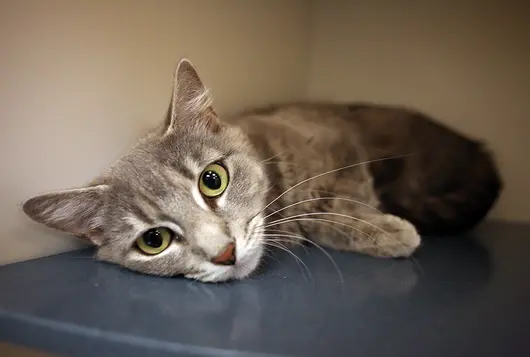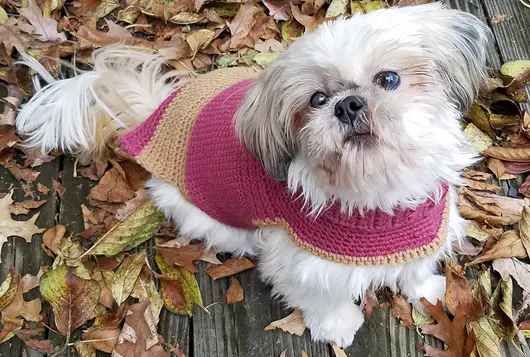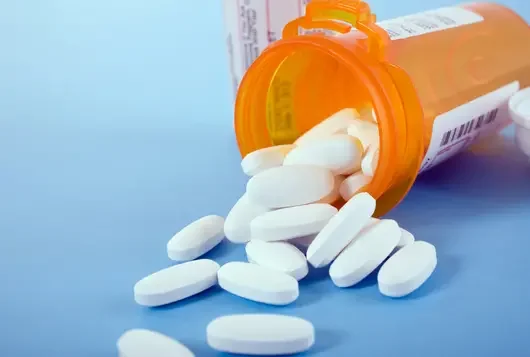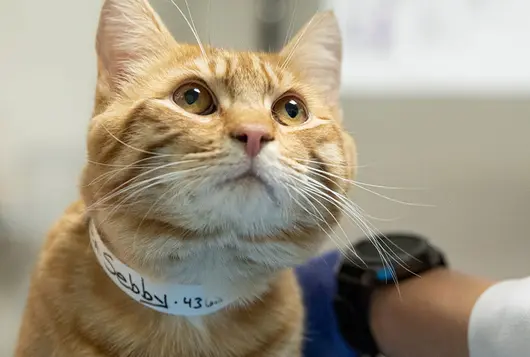Top 10 Pet Toxins of 2020
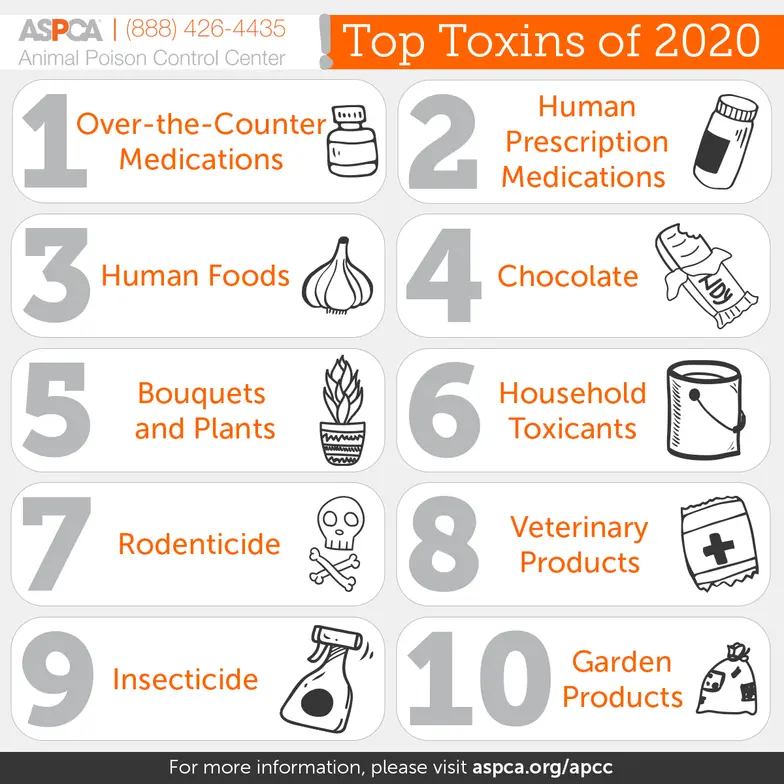
Each year ASPCA Poison Control (ASPCA Poison Control) compiles its data from the calls they receive about pets exposed to toxins and releases the Top 10 categories of potential poisons.
In 2020, ASPCA Poison Control helped over 370,500 animals. They have grouped the hundreds of thousands of exposures they assisted with into the following categories, starting with the most frequent.
-
Over-the-Counter (OTC) Medications
Like last year, OTC meds were number one in 2020. The ASPCA Poison Control received almost 17% of their calls in this category. The most common items were cold medications, vitamins, and pain relievers (ibuprofen, naproxen, acetaminophen).
-
Human Prescription Medications
Prescription meds for people also held its number two spot with 15% of the exposures. Antidepressant, anticonvulsant, and cardiac medication ingestions were very common.
-
Human Food
Food is number three with 13% of the exposures. This year there were many protein and snack bar ingestions along with the typical grapes/raisins, xylitol, and onions/garlic.
-
Chocolate
Always a top exposure, chocolate remains at number four but has increased to almost 76 exposures per day. The higher the cocoa content, the more dangerous it is.
-
Plants
During the pandemic, more people found themselves purchasing plants for their homes (especially succulents) or sending bouquets to friends and family. Plants moved up from eighth last year to fifth place.
-
Household toxicants
Home-improvement toxicants like paint and spackle remained at number six (8.3%) on the list.
-
Rodenticide
Rat and mouse poison exposures remained at number seven with 8% of ASPCA Poison Control’s call volume. Unfortunately, these cases are becoming more difficult to treat with the rising popularity of cholecalciferol (vitamin D)-based baits.
-
Veterinary Products
Medications for pets tumbled from number five last year to number eight this year. Chewable medications (pain medications, incontinence medications, calming treats) make up a large part of this category.
-
Insecticides
Cases for insecticide poisoning continue to decrease and are down to 4.7% of cases.
-
Garden products
Outdoor gardening products remain at number ten with 2.9% of cases.
ASPCA Poison Control is available to support veterinarians treating pets for suspected poisonings and can be reached on their 24-hour hotline (888) 426-4435.
Download and share the Top 10 Pet Toxins in 2020 with your community.
We have lots more on this subject:

